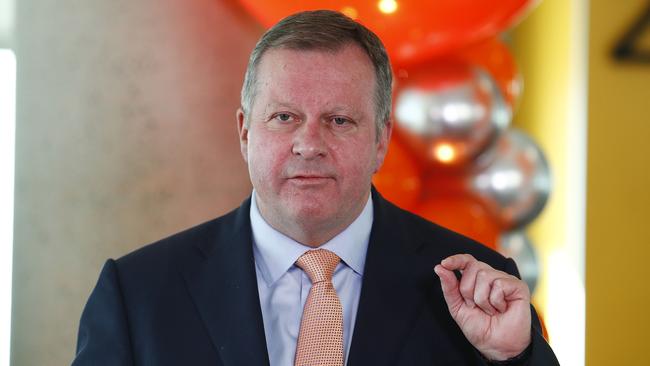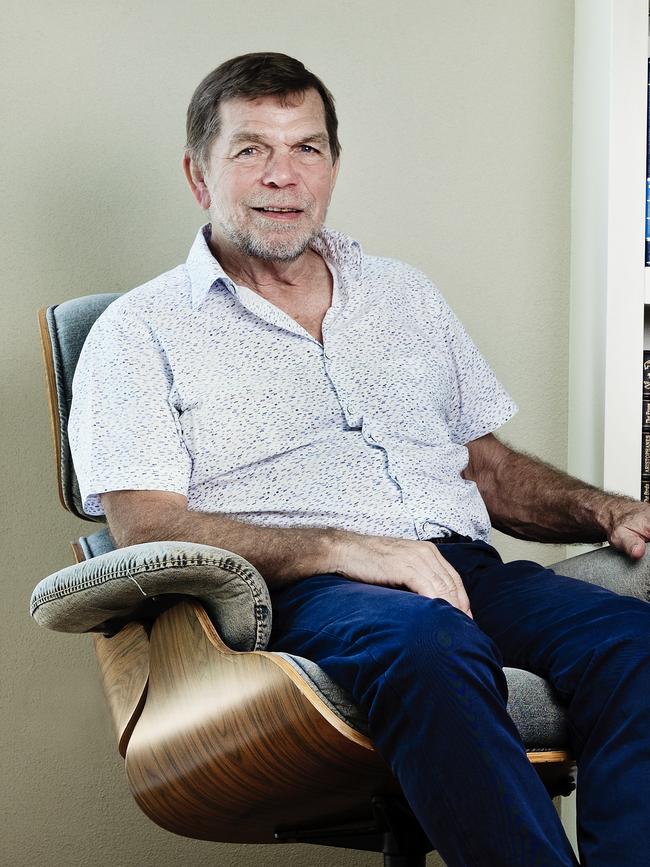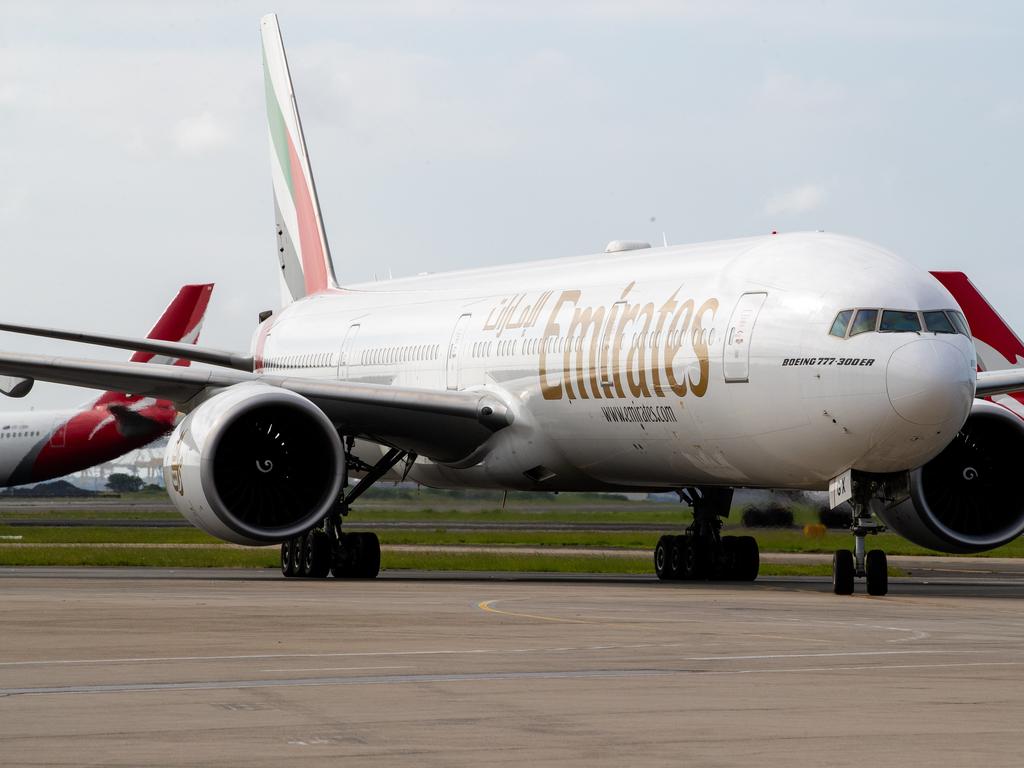Public servant sheds new light on Qatar Airways decision at aviation conference
The official responsible for international aviation has cast new light on the decision to deny Qatar Airways more flights into Australia.
A senior public servant has offered further insight into the baffling decision to deny Qatar Airways’ more flights into Australia, suggesting the two countries could not reach agreement.
Weeks of scrutiny of the decision by Transport Minister Catherine King have not yet established a clear explanation, prompting a Senate committee inquiry into bilateral air rights.
Department of Infrastructure and Transport international aviation manager Jim Wolfe urged attendees at the CAPA Centre for Aviation conference on Thursday “not to get too gloomy” about the Qatar decision.
He said international airline capacity would soon be back to 91 per cent of pre-Covid levels, and indicated his involvement in Qatar’s application to expand its bilateral air rights in Australia.
“I can say that it takes two to tango,” Mr Wolfe said. “Bilateral agreements are between two countries. We might have a view and the other country might have a view and we have to try to reach agreement and at the end of the day that doesn’t always work out. We need to be a little bit careful.”

Brisbane Airport Corporation chief executive Gert-Jan de Graaff responded that bilateral agreements were an “antiquated system” in desperate need of an overhaul. “I think the question is ‘do we actually still need it?’. I don’t think so,” said Mr de Graaff.
“We’re in a business where airlines will decide to fly to markets where they can make money and we all benefit from more volume. That drives airfares down and drives (airport) charges down which are a very small part of the airline’s cost base.”
Flight Centre managing director Graham Turner said it was “positive” that the Senate committee was investigating the Qatar Airways’ decision in the absence of a clear explanation from the government.
He said without those additional flights from a key competitor in the Middle East and European market, fares were unlikely to return to more “normal” levels until late 2025.
“The reality is we haven’t had any decent answers from the government about this,” he said.
“There is no doubt this decision will keep airfares higher and for the government to say that’s in the national interest then what national interest are we talking about?”
Mr Turner also expressed concern about the challenges facing Qantas after the ACCC launched legal action over the sale of tickets on already cancelled flights.

In a further blow, Qantas lost its court battle over the outsourcing of nearly 1700 jobs during the pandemic, which is likely to result in a hefty fine and compensation payout. Although he conceded he did not always see eye to eye with Qantas, which has slashed travel agents’ commissions, Mr Turner said he felt sorry for ex-CEO Alan Joyce.
“Alan did a lot of great things in his 15 years as CEO and I’m sorry that’s been overshadowed by current issues,” said Mr Turner.
“But I probably feel a bit sorrier for Vanessa Hudson who’s got to take on the challenges now.”
He said many of the challenges were the result of governments closing borders for two years.
“Airlines just don’t get up and running without operational issues. It takes time and Qantas has probably borne the brunt of that a bit unfairly,” Mr Turner said.
Asked what advice he would offer Vanessa Hudson to turn Qantas around he joked that she should take some extended leave.
“I’d take a sabbatical, for about a year,” he laughed. “It will be a tough job getting back to where the Qantas brand was in the past but I’ll be surprised if they don’t get it back in the next six to 12, to 18 months.”








To join the conversation, please log in. Don't have an account? Register
Join the conversation, you are commenting as Logout